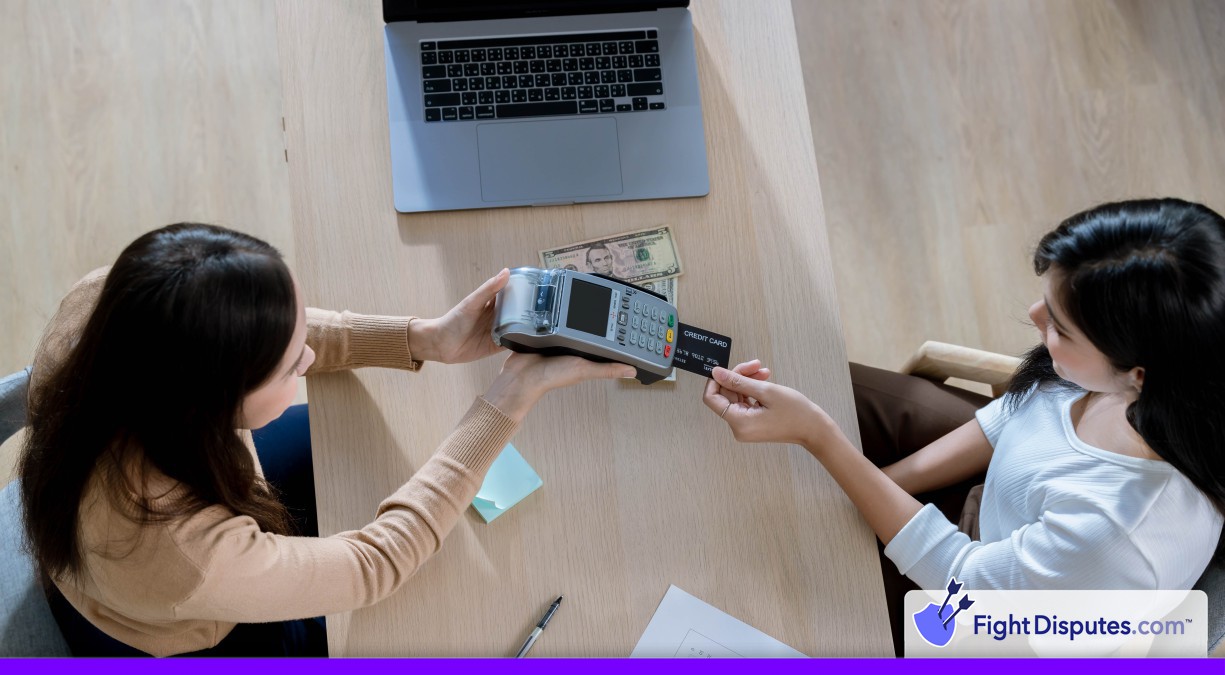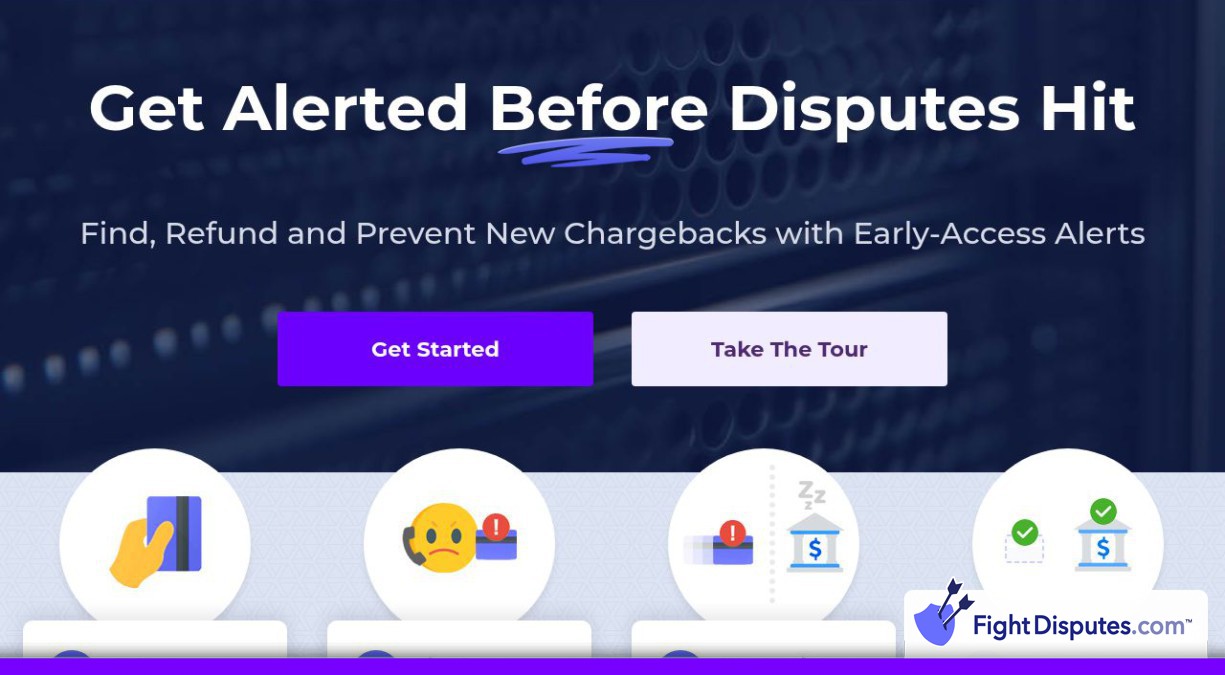Will My Processor Refund My Chargeback Fees if I Win?
The chargeback process is something that virtually every business will need to deal with at some point. It’s simply an unfortunate fact of commerce; sometimes, people aren’t going to be satisfied with a product but will be outside of a refund window, and they’ll file a dispute. Sometimes, credit card information is stolen and the thief uses it to make a purchase from your store. Sometimes it’s a friendlier kind of fraud, but still fraud nonetheless.
Not every chargeback is an automatic win for the ex-customer that initiated it, though. While we as merchants often view them as a fact of life, they aren’t all automatically handed to the customer.
With proper evidence, sometimes you can win a chargeback, and the customer doesn’t get their money back. Sometimes that’s the ideal outcome, especially in cases of attempted friendly fraud. Other times there’s a legitimate reason for the chargeback and your normal dispute process didn’t handle it, and the customer wins.
The third factor is the fees. Payment processors like Visa, Stripe, and PayPal all want to get their slice of the pie, and when it comes to chargebacks, that means charging fees for the investigation process. Even if it’s a pretty straightforward case, those processors will still generally charge some kind of fee to handle it.
Is the fee significant? It’s contextual. If your average cart order is $3, a $15 fee is significant. If your average card order is $1,000, a $15 fee is minimal. Either way, though, it’s a fee you have to pay.
The question is, if you win the chargeback, do you still pay the fees?
While it seems like this should be a straightforward question to answer, it actually isn’t. Every payment processor has different rules, and worse, those rules can change.
When Are Chargeback Fees Paid?
First, it can be worth understanding when during the chargeback process the fees are paid.
When a chargeback is initiated, it happens because a customer has decided it’s their best viable option. There are a lot of possible reasons for this. Sometimes it’s legitimately a case of fraud when they looked at their credit statement and saw an unexpected charge. Other times it’s because they tried to go through your normal refund process but ended up with an unsatisfactory result.
The customer goes to their bank or credit card and says “hey, I want to dispute this charge” and inputs information about it, if they have it. It might just be a signature attesting that they didn’t make the charge, or it might be details about a transaction that failed, a product not delivered, or another fault.
This is where the first line of filtering comes in. The bank, credit card, or other processor will do a basic investigation and decide if the transaction looks sketchy or not. Again, some chargebacks are easy; if the customer lives in California but their credit card information was used from the Philippines, there’s a pretty good chance the customer didn’t make that charge.
Similarly, in some cases the bank can identify cases where the chargeback itself is fraudulent and cancels it. The merchant never needs to know about these, the problem stops at the issuing bank.
Most of the time, though, chargebacks progress past this point.
Here, the banks talk to each other. The customer’s bank talks to the merchant’s bank, and the merchant’s bank initiates their end of the process. They issue a provisional credit to the customer’s bank for the value of the chargeback, and also issue some fees to the merchant alongside it. It’s not a huge fee in raw numbers, but it can add up over time and can be punitive if chargebacks happen in large enough numbers.
Here, the merchant is involved, and given the option to either accept the chargeback or file a rebuttal letter. A rebuttal letter is your opportunity to attempt to prove that you’ve done everything in your power to handle the case normally and that the chargeback is fraudulent.
If you accept the chargeback, or if the banks side with the customer (as they very frequently do), the chargeback is processed, the banks take their fees, and that mark is placed on your account. Too many chargebacks and your chargeback fees start to rise, from that $15 to $20 to $50 or higher depending on all the different factors at play.
Fees Even If You Win?
If you win the chargeback, proving definitively that the customer is attempting some kind of fraud or illegitimate chargeback, the provisional credit from the chargeback refund is reversed. The money from the purchase stays in your account.
But what about the fees?
Things can get kind of complicated here, because the exact answer to this question depends on the bank, payment processor, or gateway that is handling the chargeback and dispute process.
Almost always, the answer is no; the bank will not refund the chargeback fees. This is part of why chargebacks are so irritating for merchants, and why merchants often go out of their way to avoid chargebacks; the fees add up and are an unavoidable cost associated with the process.
Why is this, though?
The simple answer is, it’s payment for the work being done. The payment processors, credit card companies, banks, and other entities involved all have to have people and software turn their attention to investigating this transaction. Some of their software connections and APIs have fees. The people who look at it have salaries. All of that money has to come from somewhere.
You might argue that standard transaction fees should cover it. Maybe you’re right. Litigating the ethics of the fees isn’t the point of today’s post, though.
The point is, the entire process, the administrative burden, is all something that the processors are able to charge for, so they charge for it.
Exceptions to the Rule
Generally speaking, the card processor or bank will charge fees even if the chargeback proves to be fraudulent or if you prove it’s not a valid dispute. But that’s not always the case.
For example, take Stripe. Stripe, back before 2023, would charge a fee for a chargeback. But if you as the merchant fought the chargeback and you won the dispute, Stripe would refund the fees they charged you to handle it.
They changed this in 2023, and now their initial fee is not refunded even if you win the dispute.
However, Stripe also makes things more complicated. If a customer starts a dispute with you and begins the chargeback process, Stripe charges you a fee. If you accept the chargeback, that’s the end of the process; you let the chargeback be processed, pay the fee, and move on.
If you choose to fight the chargeback by filing your rebuttal, however, there’s another fee. This is a second small fee, levied to cover the costs of the investigation. This is called a Dispute Countered fee.
If you win the dispute, and prove the chargeback is fraudulent, you don’t have to pay the value of the chargeback, but you do have to pay the initial dispute fee. Stripe will, however, return the dispute countered fee back to you.
Other Complex Factors
There are many different payment processors and financial entities that can end up involved in this process. Different banks, credit card companies, payment processing gateways, credit unions, and everyone in between, all might want to have their say.
Generally speaking, the only ones that charge you fees as a merchant are the ones you use directly. If you’re using Stripe to process customer payments, they’re the ones that levy the fees you’d have to pay. If you’re using something like Helcim instead, it’s their fees you need to worry about. Helcim, by the way, does refund chargeback fees if you win a dispute.
If you use multiple payment processors, it comes down to whichever one of those processors is the one that handled the customer transaction in the first place.
You may also have to consider other factors.
- Type of payment. Credit card payments may have different fee schedules and processes than ACH payments and other kinds of payments.
- Businesses in different industries are treated differently. Those who are considered high-risk industries tend to have more punitive fees, and if a payment processor is going to be implementing unequal treatment across industries, the high-risk industries may not refund the chargeback fees while a lower-risk industry might.
- Geographic location. There are often specific rules for businesses and for payment processors in different countries. To use Stripe as an example again, payments processed using the Cartes Bancaires network, for businesses based in the Single Euro Payments Area (the European network of 41 countries unified under a single payment processing scheme) don’t have chargeback fees, but those processed in other ways do. This is actually because SEPA requires much more evidence to even submit a chargeback, so the chances of you being able to challenge it are much slimmer.
All of this is why it’s pretty difficult for us to just give you a single solid answer; there are many different factors that all go into this question.
Minimizing Chargeback Fees
Chargebacks can have devastating consequences on a business, and it’s not just because of the fees.
The fees certainly don’t help, of course. They can definitely add up, especially if you’re a business with large volumes of small transactions. Single percentage points of chargebacks can make a huge difference over time.
Chargebacks also have a cumulative effect on how much your payment processor trusts you. Businesses with more chargebacks have less trust, and if that number continues or grows, you lose even more trust. Eventually, your payment processor may decide to cancel your merchant account entirely, leaving you scrambling to find a new one.
Anything you can do to cut down on this is generally a good thing.
Some solutions are technical. By refusing higher-risk forms of payment and only taking payments through higher-security methods, you can cut down a lot on various kinds of fraud. Using modernized chip-based point of sale processors also helps a lot. Requiring the extra layer of customer verification via a signature or PIN can also cut back on use of stolen cards.
Other solutions are more social. For many people, chargebacks are a mechanism of last resort, after their attempts at your normal refund and dispute process have failed. By improving that process, broadening terms and making it faster, easier, and safer to process a refund, people won’t turn to chargebacks as much.
It can also be a matter of education. A growing number of people, particularly young people, don’t actually recognize a difference between a refund and a chargeback. To them, both are processes they initiate, where they provide some evidence about a transaction they want reversed, and which result in getting their money back. Since all the fees are on the merchant’s end, they’re functionally no different. By striving to educate your customers and asking more for refund requests than chargebacks, you can potentially cut down on them.
Modern technology also facilitates one excellent solution, which is the solution we offer at Fight Disputes. Through active monitoring and with deals with all of the major payment processors, we’re able to receive notice of an incoming chargeback before it happens. We essentially put a hold on the process, and give you the opportunity to redirect the chargeback to your customer service department.
You can then try to work things out. Maybe you issue a refund instead, or maybe you solve the problem and re-fulfill the order. Either way, the matter is settled, and the chargeback itself is cancelled.
Critically, all of this happens before your payment processor handles the chargeback. That means you don’t have to pay chargeback fees, you don’t have to worry about an increasing chargeback rate or escalating damages, and you don’t have quite as many dissatisfied customers. All of this is a net benefit.
What about our fees? There’s good news here too: we only charge you a flat fee for a chargeback alert, which is usually lower than your chargeback fee would be, and doesn’t escalate or grow over time. And, if the chargeback alert is a false alarm, we don’t charge the fee.
Want to reduce your chargebacks? Drop us a line and let’s talk.
 Call (844) NO-DISPUTES
Call (844) NO-DISPUTES





